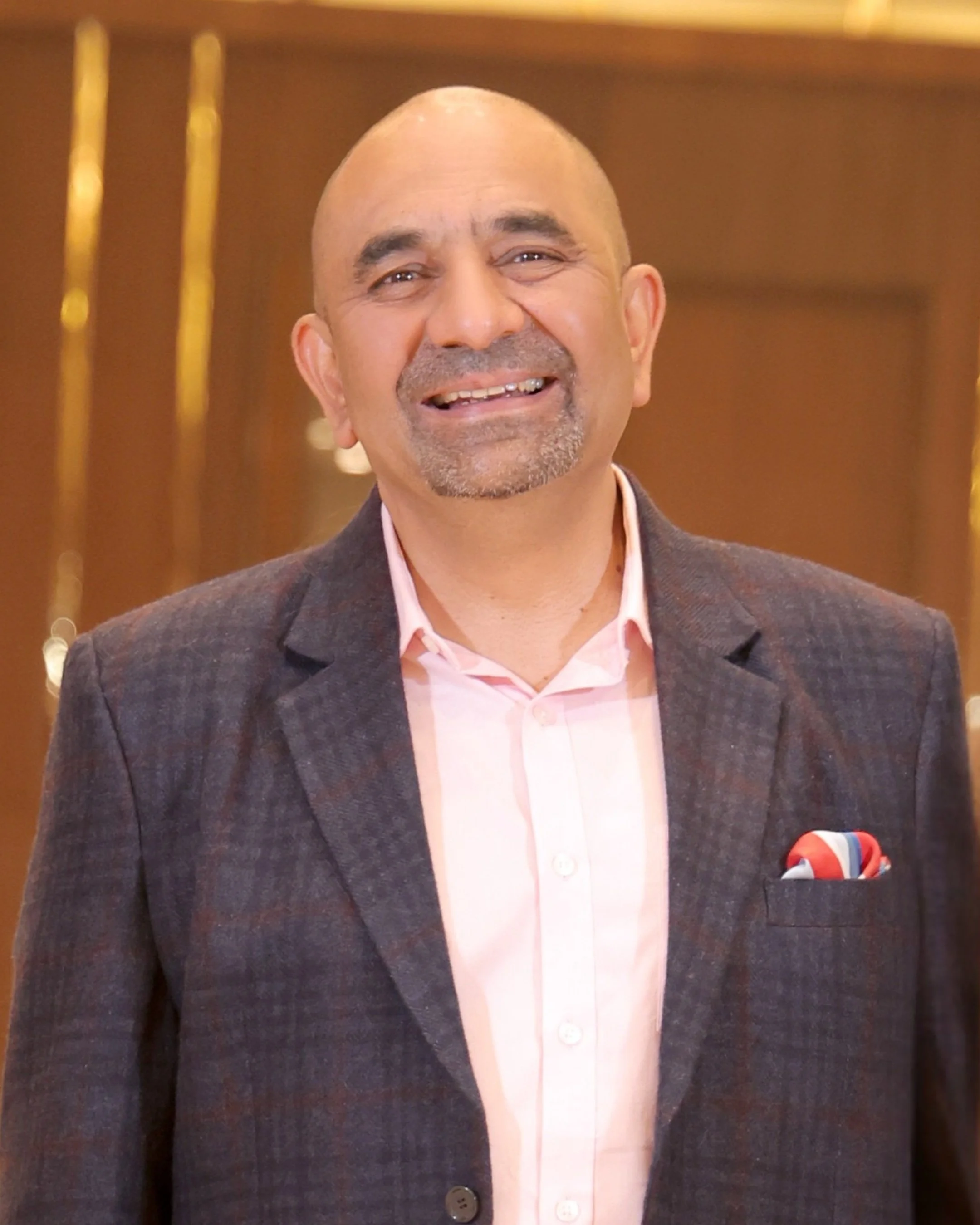Eclat Insights | Are You Obsessed? 10 Ways To Become A Customer Service, Obsessed Leader
/Obsession is an idea or thought that continually preoccupies or intrudes on a person's mind. When cultivated, it can be a super-power. When you make your customer's happiness your no 1 priority, you make magic happen.
Here then are 10 ways to take your customer service obsession to the next level:
1. Start with Empathy. Start everything with empathy. Creating a new offer, package, service, product? Make sure it has empathy built into the process.
Early Check-Ins and Late Check Outs are prime examples. I never agreed with using either as a revenue management technique, instead, keep the charges for regular users, offer it with compliments for the one-off.
2. Make everyone in your team: First Response Responsible
Very simply, make sure your team knows who is the first responder for a guest query/concern/complaint/request & make sure you give them everything they need to make this happen.
3. Simplicity - Remove Barriers To Great Service. Challenge yourself to make it easier and easier for your guests to get what they want/need/desire. Take it to the next step and make a cross-functional team to keep working on creating simpler rules, forms, interdepartmental communication etc.
4. Communicate. Then Communicate Some More.
You want to delight customers, you want to make every experience count. Tell your team. Tell the world. Tell your guests.
Start every meeting with a hello to an imaginary guest in the room (this is not that crazy, apparently Amazon does this. They leave an empty chair at each meeting, representing their customer)
Put up posters, have a competition, make sure it is an email footer in all your emails. Keep hammering it in.
5. Walk The Talk
This one is a big one for me. If you are the leader, show them by doing it. Care for your guests and do anything that may be required to be done from time to time. In fact, I urge you to have a little tracker in your office. Ask the question, 'Did I Do Something Today For My Guests, That May Not Have Been My Primary Job?' Have a tick on it, every day.
We used to love our General Manager, who would from time to time, come to the Lobby, ask if any guest had complained about anything and actually go to the guest to apologise and make things right. He always asked a team member to accompany him so they could learn how it's done, right.
6. Hire With Care, For Care
Spend time in interviews, in situational assessments, maybe personality tests, team chats. Use all and every tool you can to find people who naturally care. If you find people like that, you need only tell them the how for your particular ops, but the why comes to them naturally.
On the same tangent, Assess Performance For Care. Do you currently assess this quality in your team when you do performance appraisals?
7. ZOOM Into Every Frame
Imagine a guest experience as a movie. A stay, a meal, even an interaction. Now zoom into each frame of this movie and see how you can make it better. see this for more
Such obsession births innovation. some examples:
The welcome gift in a guestroom. Someone wanted the guest to not only be happy with the room but also feel excited and welcomed. They added a little gift to that frame of the movie.
Then someone a little more obsessed went and personalised the welcome note. It was addressed to the guest and handwritten!
Can you zoom in more and make it even better?
8. Wildly Important Measure
A small challenge for you - can you create a lead service measure that your entire team can understand, track and affect?
Think of it like the sensex30 or nifty50, which becomes a barometer for the stock markets.
What is yours? p.s. if you think of a cool name for it, like CSATIN (customer satisfaction index), do share it in the comments. Also, what would you put into the index? like, how much weight would you give to which attribute?
9. The Compound Effect In Service Design
Just keep doing it. Read the full insight, here
10. Mutual Respect & Care
None of the above will take shape or become reality if there isn't mutual respect and care within the team. Put in both, carrots & sticks to shape the behaviour and create the culture you need to make your obsession a reality.
Feel like talking this out? Does this sound like something you want to do, but just don't know where to start? Let's talk. I am on +919872000604 or p.bedi@eclathospitality.com
Prabhjot
Bedi
is an Hospitality Ideator. A process innovator, trainer, and professional speaker, he has worked with the Taj Group of Hotels, conducted training programs for hospitality leaders, launched a National Council Accredited Hospitality Institute as Principal, successfully launched and sold three hospitality businesses. He now assists hospitality leaders and educators in creating superlative services and products. He also edits the very popular www.hospemag.com - the largest hospitality career e-mag






























